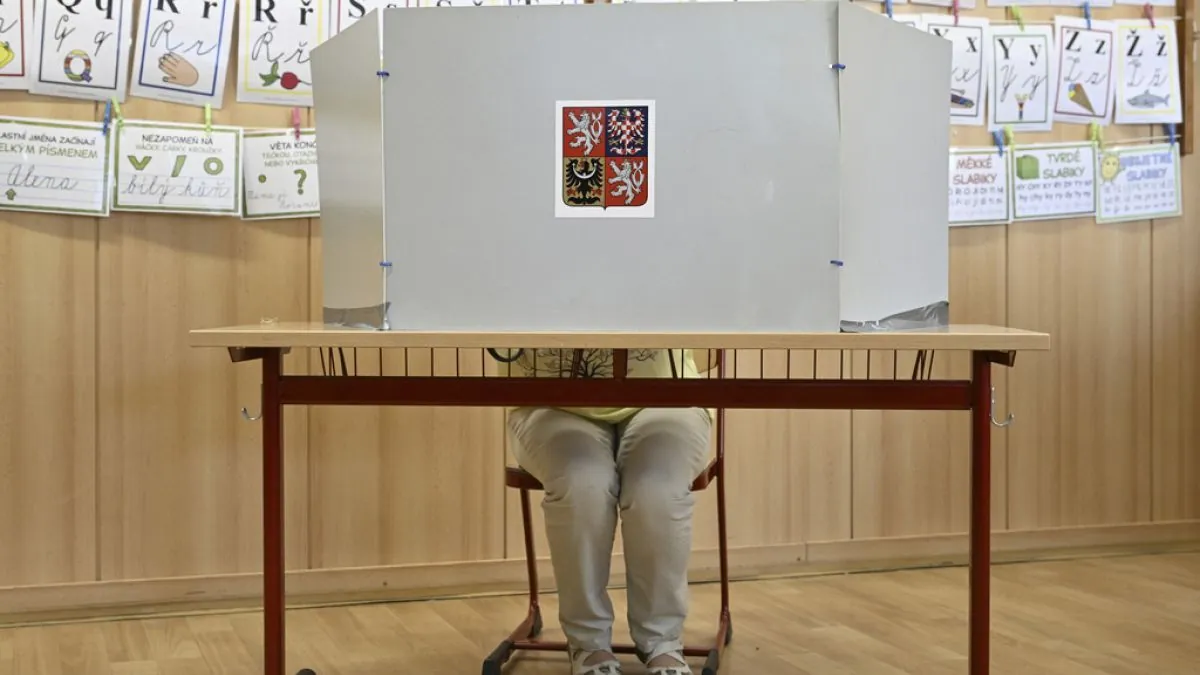Czech citizens are casting their ballots in the final round of Senate elections, marking a significant moment in the country's political landscape. The vote, which concludes on 2024-09-28, will determine the composition of one-third of the Senate seats, playing a crucial role in shaping the nation's legislative future.
Andrej Babis's ANO movement has emerged as a strong contender in these elections. With 19 candidates advancing to the runoffs, ANO has demonstrated its growing influence since its foundation in 2011. This performance is particularly noteworthy given that the Senate, established in 1996, has traditionally been a stronghold for other political factions.
The Czech Republic's bicameral system, consisting of the 200-member Chamber of Deputies and the 81-member Senate, underscores the importance of these elections. While the lower house dominates the legislative process, the Senate plays a vital role in constitutional matters and judicial appointments. Senators, who must be at least 40 years old, serve six-year terms with one-third of the seats renewed biennially.
The Senate's significance extends beyond legislation. It has the power to return bills to the Chamber of Deputies and can even initiate impeachment proceedings against the President for high treason. Moreover, the Senate's approval is required for Constitutional Court judge appointments, highlighting its role in maintaining checks and balances within the Czech political system.
ANO's strong showing in the Senate elections follows its recent success in regional elections, where it secured victory in 10 out of 13 contested regions. This outcome suggests a shift in voter preferences since the last parliamentary elections in 2021, which saw Petr Fiala become Prime Minister.
Adding to the political intrigue, the Pirate Party, a junior member of the ruling coalition, announced its departure from the Cabinet earlier this week. This decision came in response to Prime Minister Fiala's dismissal of the party's leader, Ivan Bartos, over concerns about his handling of a new digital system for building permits.
Despite this setback, Fiala's government is expected to retain its majority in the Chamber of Deputies. However, the coalition's stability may face challenges in the coming months as it navigates these internal changes and responds to the opposition's growing influence.
As the Czech Republic approaches its 20th anniversary of EU membership in 2024, these elections serve as a reminder of the country's evolving democratic processes. The results, eagerly anticipated by political observers, will not only shape the composition of the Senate but also provide insights into the broader political trends shaping the nation's future.
"These Senate elections, coupled with recent regional results and coalition dynamics, signal a potential shift in Czech politics. The coming months will be crucial in determining whether this represents a temporary fluctuation or a more profound change in the political landscape."
